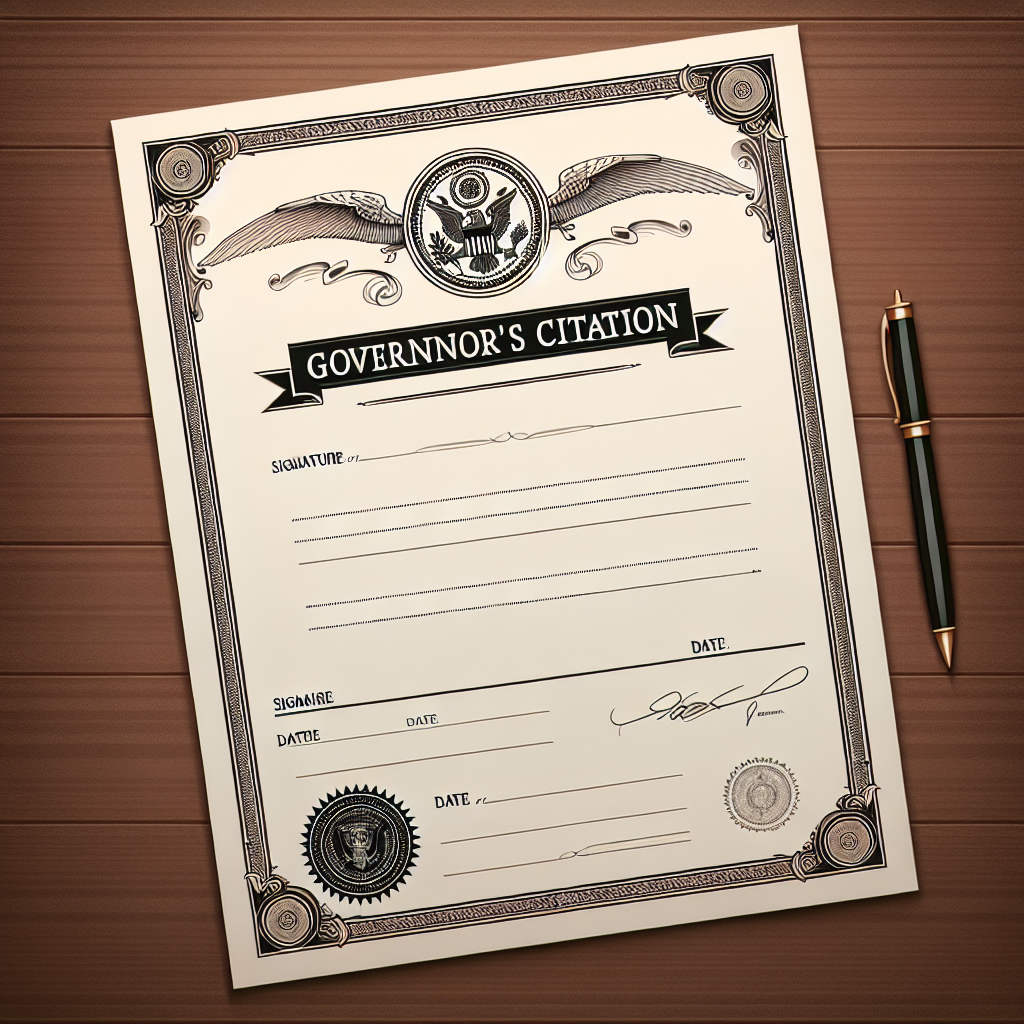Governors No 'Postmen': Supreme Court Debates Role in Bill Assent
The Supreme Court debates the role of governors in assenting to state assembly bills, with 90% receiving approval within a month since 1970. Controversy ensues over withheld assents and governors' discretion. The Constitution Bench stresses constitutional roles, addressing the balance between governors' duties and political influence.

- Country:
- India
The Supreme Court is entangled in a heated discussion regarding the role of governors in India's legislative process. Historically, 90% of bills passed by state assemblies have received gubernatorial assent within a month since 1970, though exceptions have sparked substantial debate.
The ongoing deliberations, spearheaded by a five-judge Constitution bench led by Chief Justice B R Gavai, focus on whether the court should enforce deadlines for governors in bill approvals. This inquiry has prompted contrasting views on governors' discretion versus adherence to political pressures.
Representing the Centre, Solicitor General Tushar Mehta underscores the governors' pivotal constitutional role, resisting their characterization as mere facilitators of legislative agendas. The bench faces challenges in balancing this nuanced constitutional function, considering historical precedent and future implications for federalism.
(With inputs from agencies.)










